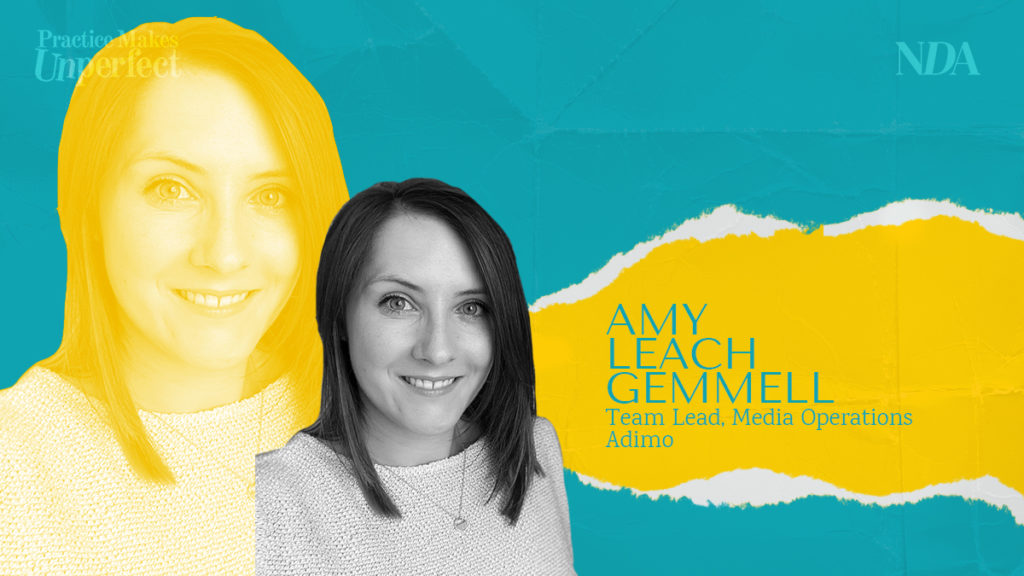These articles have been written by the latest cohort of the Practice Makes UnPerfect programme – a course that helps women find and finesse their public voices.
By Amy Leach Gemmell, Media Ops Team Lead, Adimo
Have you ever heard the phrase, “knowledge is power?” It means the more you know, the more you will succeed. But what if you know something and don’t share it? Is it still powerful?
Within any industry, there are a lot of different topics a person needs to know to be able to do their job. Within digital, that could be something as in-depth as e-privacy law or simple click macros. When employees are well educated in these topics, it makes day to day life a lot smoother and a lot easier to get the job done. It creates a happy culture as no one feels lost from “not knowing”. This all has a positive effect on your business, allowing the best decisions to be made aiding business growth.
Now, knowledge has always been deemed positive, however there are risks that come with it. These risks are not widely known and have only had research published on them since 2018. Knowledge risks can be classified into three different categories; operational, technological and human (Durst & Zieba, 2018). Ops risks can range from improper knowledge application, misinterpretation or waste. Technological risks can relate to cyber crime or hacking. But what I want to focus on in this short snippet of writing, are the human risks.
A human can simply forget or they can choose to unlearn pieces of information. These risks aren’t necessarily bad traits as someone may be doing these because the information has become outdated. However, there are some toxic risks within the human category that could be detrimental to your business.
Knowledge hoarding is the lesser of two evils, as a person may have not decided whether they are going to withhold information or share it at a later date. Knowledge hiding however, is the intentional act to withhold or conceal information that could help or has been requested by another person or project.
Knowledge hiding most likely occurs when the topic is complex. People may hide or conceal knowledge for personal gain or to make themselves indispensable from their workplace environment. This has an adverse effect on your business. Knowledge hiding creates a hostile environment which equates to a negative workplace culture, hindering your organisation’s performance.
A person who chooses to hide knowledge can be linked to having narcissistic traits. The Dilbert sketch above depicts this perfectly. Narcissists are preoccupied with power. Now, taking that phrase “knowledge is power” into consideration, this then means that it is knowledge that gives them a sense of entitlement. By withholding information that could help a team member excel so that they can step in and save the day, is exactly what denotes a toxic workplace culture. We all know this type of behaviour can inhibit your company’s growth.
Organisations should have a holistic view of what knowledge circulates throughout their teams. Knowledge is one of the most important assets that makes your company thrive.
Successful knowledge management within organisations can reduce risks associated with knowledge, with the human risk element being the easiest to overcome.
As a company, making an effort to have a clear knowledge management system is a must. It helps you to keep growing, to keep a positive workplace culture and to inspire your employees to advance and share all knowledge. This could be done through something as simple as a well organised G-Drive or monthly workshops sharing the latest information on certain topics. Knowledge is power, but only when shared.









